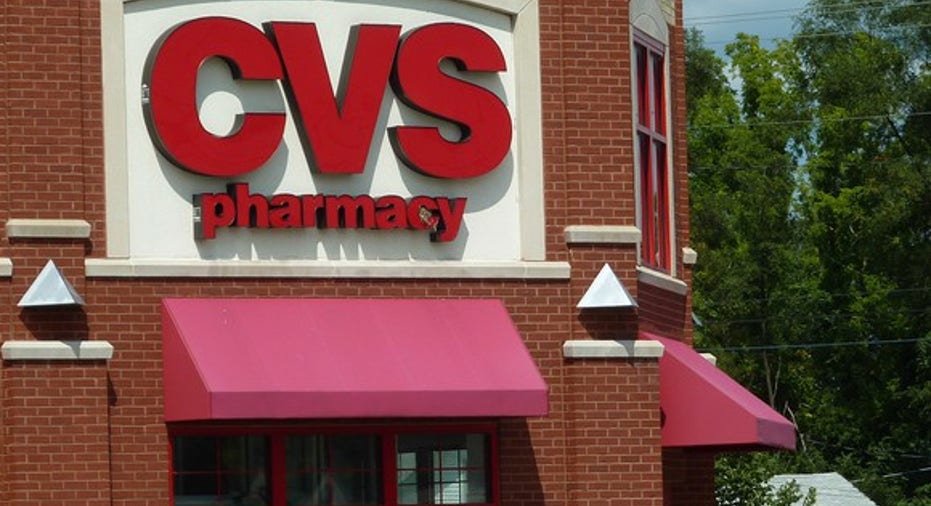What Is a Triple Net Lease?

Triple net leases are commonly used with freestanding commercial buildings. Image Source: The Motley Fool.
A triple net lease (or "nnn" lease) is a form of real-estate lease agreement where the tenant or lessee is responsible for the ongoing expenses of the property, including real estate taxes, building insurance, and maintenance, in addition to paying the rent and utilities.
Types of real-estate leases
The three major ongoing expenses (other than utilities and mortgage payments) related to owning a property can be placed into one of three categories:
- Property taxes
- Building insurance
- Maintenance
In real estate, a gross lease is the standard lease that residential landlords often use. A pre-determined amount is paid for rent, and all three categories of expenses listed above remain the landlord's responsibility.
In a net lease, one or more of these expenses is the responsibility of the tenant. A single net lease means the tenant is responsible for property taxes. A double net lease requires the tenant to cover taxes and insurance. And a triple net lease places the burden of all three on the tenant.
Characteristics of triple net leases
In general, triple net leases are most often used for freestanding commercial buildings, usually with a single tenant, but can be used for other property types, as well. Triple net leases typically have an initial term of 10 years or more, and often have rent increases built in.
Benefits to landlords and investors
Landlords and investors like triple net leases because they create a steady and predictable income stream. As anyone who has owned a home for more than a few years can tell you, property taxes and building insurance can fluctuate quite a bit from year to year, and usually not in the owner's favor. And maintenance is the most unpredictable expense of all. A property can need no major repairs for a long period of time, and all of a sudden need a major item like a new HVAC unit.
By passing these expenses on to the tenant, the landlord and its investors know exactly how much income they can expect each month. And because these leases are generally signed for long initial periods, and have rent increases built in, landlords don't have to worry as much about lease renewals or negotiating rent adjustments often.
Benefits to tenants
Because the landlord doesn't have to worry about most of the variable costs of owning the property, a triple net lease generally has a lower rental rate than a standard lease (also called a gross lease). The landlord estimates how much property taxes, insurance, and maintenance costs will be throughout the lease term, and the cost savings are passed on to the tenant.
This article is part of The Motley Fool's Knowledge Center, which was created based on the collected wisdom of a fantastic community of investors. We'd love to hear your questions, thoughts, and opinions on the Knowledge Center, in general, or this page, in particular. Your input will help us help the world invest, better! Email us atknowledgecenter@fool.com. Thanks -- and Fool on!
The article What Is a Triple Net Lease? originally appeared on Fool.com.
Try any of our Foolish newsletter services free for 30 days. We Fools may not all hold the same opinions, but we all believe that considering a diverse range of insights makes us better investors. The Motley Fool has a disclosure policy.
Copyright 1995 - 2016 The Motley Fool, LLC. All rights reserved. The Motley Fool has a disclosure policy.



















